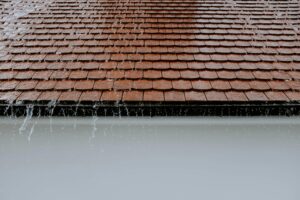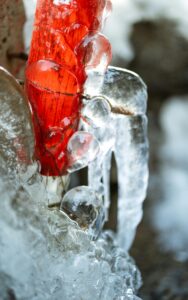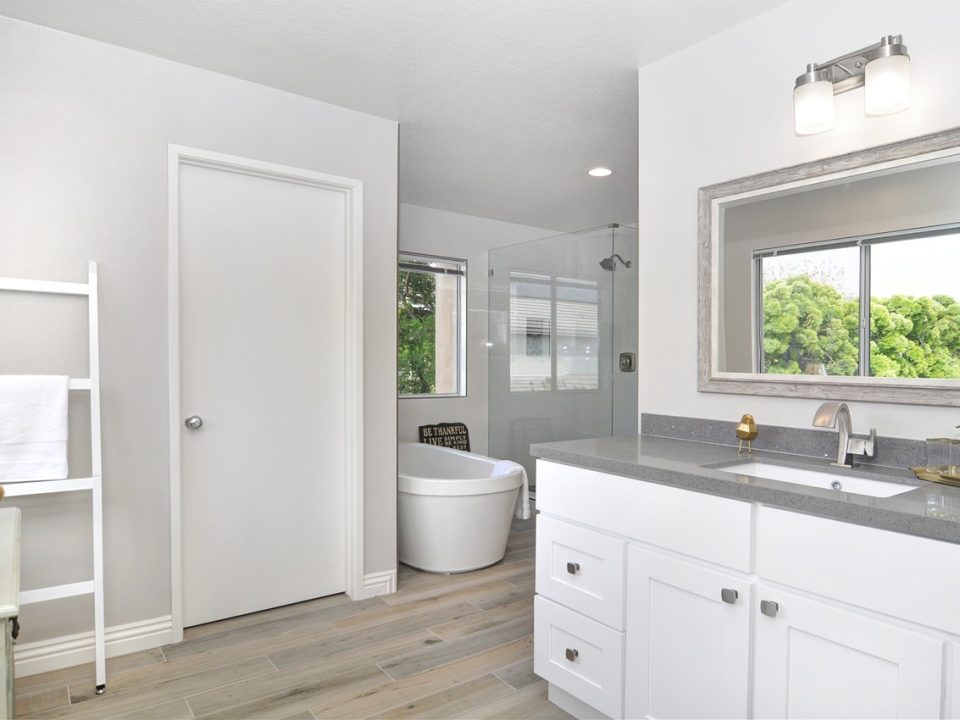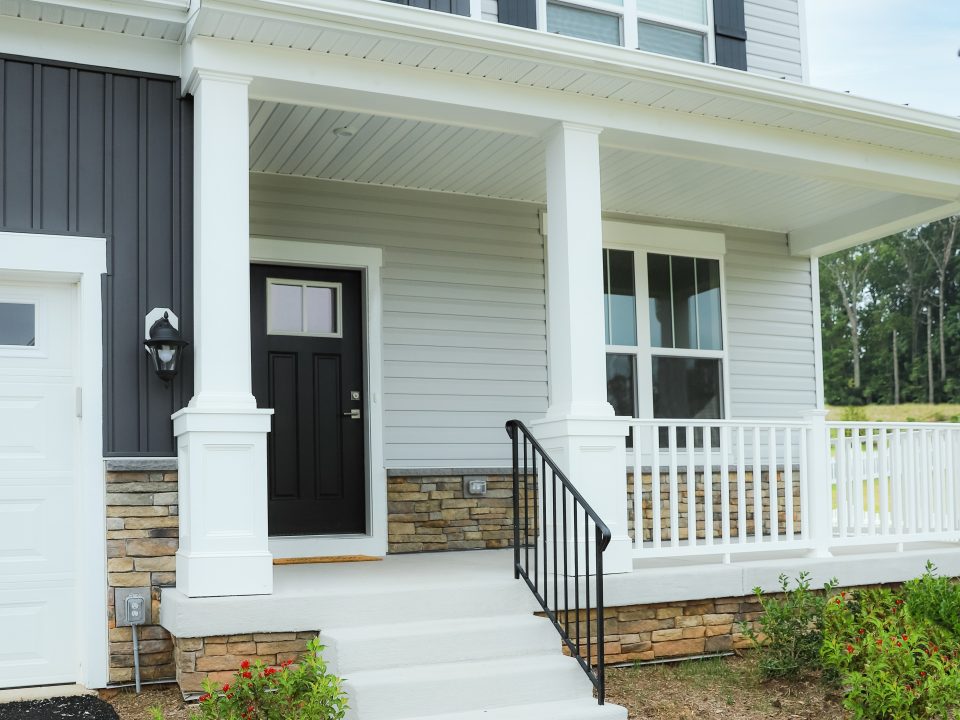Preparing Your Home for Winter: Essential Maintenance Tasks You Can’t Ignore

Why You Should Consider a Bathroom Remodel: Enhancing Your Home and Lifestyle
March 16, 2024Introduction
As the chilly months approach, now is the time to prepare your home for winter. Simple steps can prevent costly repairs, enhance comfort, and help avoid winter disasters. Neglecting these tasks could lead to risks such as frozen pipes, fire hazards, and increased energy costs. Proper winter maintenance, from checking your heating system to protecting pipes from freezing, is key to keeping your home safe and energy-efficient throughout the season.
This blog will discuss essential winter home maintenance tasks every homeowner should tackle before the snow starts falling.
1. Inspect and Maintain Your Heating System
A working heating system is a must during the cold winter months. Before the temperature drops, schedule a professional furnace inspection to ensure your system is running smoothly. Here’s what to check:
- Replace Furnace Filters: Clean or replace filters every 1-3 months. Clogged filters reduce airflow, making your furnace work harder and increasing energy costs.
- Schedule a Furnace Tune-Up: A professional heating technician can inspect your system, clean it, and ensure it’s functioning safely. Regular maintenance also extends the life of your furnace.
- Check Thermostat Settings: Ensure your thermostat is working properly. If you don’t have one, upgrading to a programmable thermostat can help reduce energy costs by automatically adjusting temperatures when you’re away or asleep.
2. Seal Gaps and Leaks to Save on Heating Costs
Cold air can seep through gaps and cracks into your home, leading to higher heating costs. To prevent this, here are key areas to seal up:
- Inspect Weatherstripping Around Windows and Doors: Gaps in weatherstripping can lead to drafts and wasted energy. Check around windows and doors for wear and tear, and replace any damaged strips to ensure a tight seal.
- Caulk Gaps in Walls and Windows: Even small cracks around windows, door frames, and exterior walls can lead to heat loss. Use high-quality exterior caulk to seal gaps and prevent cold air from entering.
- Check Attic Insulation: A poorly insulated attic allows heat to escape. Ensure your attic is properly insulated to maintain warmth and improve energy efficiency.

3. Protect Pipes from Freezing
Frozen pipes are a common winter problem that can cause extensive water damage. To protect your pipes from freezing, follow these tips:
- Insulate Exposed Pipes: Unheated areas like basements, crawl spaces, and attics are vulnerable to freezing. Use pipe insulation or heating tape to prevent pipes from freezing during extreme cold.
- Let Faucets Drip: If temperatures are expected to drop significantly, consider letting faucets drip slowly. This reduces the pressure in the pipes and helps prevent freezing.
- Shut Off Outdoor Water Supply: Drain and store outdoor hoses, and shut off the water supply to outdoor faucets to avoid pipe bursts.
4. Check and Clean Your Chimney and Fireplace
If you plan on using your fireplace this winter, it is important to inspect and clean your chimney to prevent fire hazards.
- Schedule a Chimney Inspection: Hire a professional chimney sweep to clean out creosote buildup, which can be highly flammable. A clean chimney ensures proper ventilation and safe operation of your fireplace.
- Inspect the Damper: Make sure the fireplace damper is working properly. A stuck damper can let warm air escape from your home, while an open damper can allow cold air to enter.
5. Clear and Inspect Gutters and Downspouts
Clogged gutters can cause ice dams and water damage your roof, walls, and foundation. Here’s how to keep them clear:
- Clean Gutters and Downspouts: Remove debris, leaves, and twigs from gutters to ensure they can effectively channel water away from your home. Consider installing gutter guards to prevent future debris buildup.
- Check for Leaks or Damage: Inspect gutters for leaks or damage that could lead to water pooling or dripping down the side of your home. Repair any issues to prevent water damage during winter storms.

6. Inspect and Maintain Your Roof
Winter weather can be harsh on your roof, so it’s important to check for any damage before the snow starts falling.
- Inspect Roof Shingles: Look for missing or damaged shingles that could allow water to seep into your home. If you spot any issues, replace the shingles or call a roofing professional for repairs.
- Clear Overhanging Branches: Trim back any trees or branches that may snap under the weight of snow or ice, potentially damaging your roof, windows, or power lines.
7. Prepare Your Exterior and Yard
Winter storms can cause damage to your home’s exterior, so take a few extra steps to safeguard your property:
- Store Outdoor Furniture: Bring or cover outdoor furniture and grills to protect them from the elements. Use weather-resistant covers to keep furniture in good shape for the next season.
- Check Outdoor Lighting: Ensure your outdoor lighting is working properly. With shorter days, sufficient lighting around walkways and driveways is essential to prevent accidents in the dark.
8. Review and Upgrade Your Insulation
Insulation is one of the most important factors in maintaining a comfortable home during winter. Here’s how to improve insulation:
- Add Insulation to Attic and Walls: Insulating your attic and walls helps keep heat inside and reduces the workload on your heating system. Consider upgrading insulation in areas that are poorly insulated.
- Check Insulation Around Windows and Doors: If your home is drafty, you might need to add more insulation around windows and doors to improve energy efficiency.
9. Prepare for Winter Emergencies
Winter storms can sometimes lead to power outages and other emergencies. Be prepared with these steps:
- Stock up on Essentials: In case of power outages, keep extra blankets, bottled water, non-perishable food, and flashlights on hand.
- Check Your Snow Removal Equipment: Test your snow blower or shovels to ensure they work. Stock up on ice melt or sand to prevent slips and falls on icy walkways and driveways.
- Review Your Emergency Plan: Have an emergency plan for severe weather. Ensure all family members know what to do in a winter emergency.
Final Thoughts: Winter Home Maintenance Is Key to Comfort and Safety
Preparing your home for winter helps prevent expensive repairs and ensures that it stays warm, safe, and energy-efficient. By following these winter home maintenance tips, you’ll be able to enjoy the season without worrying about unexpected issues, giving you peace of mind that your home is ready for whatever winter brings.
If you need help with any of these tasks or want a professional to handle your winter home preparation, our team at The Builders & Cleaners is here to assist. Whether it’s furnace inspections, roofing repairs, or insulation upgrades, we have the expertise to keep your home in top shape all winter, giving you the convenience and peace of mind that comes with professional assistance.
Contact us today to schedule your winter home maintenance or to get a free estimate for any necessary repairs. Stay warm, stay safe, and enjoy the winter season with peace of mind!





